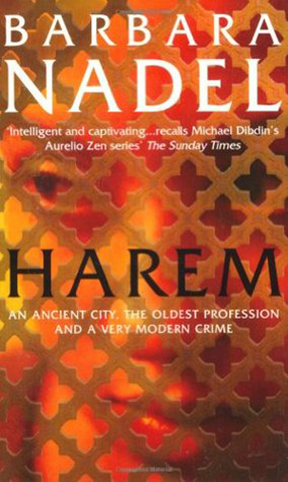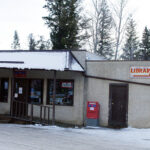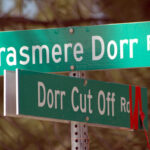Home »

A murder mystery turned into something larger
Book Review
By Derryll White
Nadel, Barbara (2003). Harem.
I had never heard of the author Barbara Nadel or her Turkish Inspector Cetin Ikman. However, on the front cover of this novel she was likened to Michael Dibdin, for whom readers of these reviews will know I have a tremendous amount of respect as a writer.
 As well, lately I have found that writers based in foreign cultures – Colin Cotterill in Laos, Andrea Camilleri in Sicily or Arturo Perez-Reverte in Spain – have been opening new worlds to me. And here is a book set in exotic Istanbul. Heck, I recently read the Kama Sutra so I had to try ‘Harem.’
As well, lately I have found that writers based in foreign cultures – Colin Cotterill in Laos, Andrea Camilleri in Sicily or Arturo Perez-Reverte in Spain – have been opening new worlds to me. And here is a book set in exotic Istanbul. Heck, I recently read the Kama Sutra so I had to try ‘Harem.’
It took me a little while to get things straight – “Ikman saw Ardiç speak briefly to Iskender….” But once the names stuck the characters started to build and retain their individuality. The reader has to stay with the story as Nadel weaves several plots together in the text. She does it well and uses the idiosyncrasy of Istanbul to make everything whole.
Barbara Nadel goes straight at both tradition and modern practice when she writes about the abuse of women in Turkish society. She lays down the ancient Ottoman roots for the practice, exposes some of the modern applications, and firmly condemns it all. As well she should, in Turkish or any other society. There is no room today for men who find their manhood by brutalizing women.
In some ways this is a difficult book to read. There are so many players with Turkish names that I found it hard to keep them straight. Inspector Cetin Ikman, the central character, never attained the substance he needed, the believability, until the very end of the novel. But Barbara Nadel does take a simple murder mystery and turn it into something much larger – ending with a credible questioning of the myths we choose to define our lives – truth, democracy, limited power.
I found ‘Harem’ to be a challenging read. It gave me a much better sense of Turkey, and of the exotic city of Istanbul. I have to think more on this in terms of recommending her work to others. We have the latest Inspector Ikman novel at Lotus Books, and I will read it, but just not right now.
********
Excerpts from the novel:
INEQUALITY – “You know, Dad,” she said quietly, “talking about this makes me wonder whether it is possible for men and women to be equal in this country when some people think that girls have to be good while men can do what they like.”
DEMOCRACY – “Democracies only strive toward the ideals inherent in that word. Nowhere is, I believe, truly democratic. But one thing that the nominally democratic have to do is they have to listen to and accommodate lots of differing views. Religious people, secular moralists, myself, we all have our view.”
“Yes, but what if I don’t like a certain view?”
“Then when the time comes you vote for a party that opposes that view,” Ikman said.
CULTURE – In spite of having spent most of his life as an American, Hikman Sivas had not forgotten the rules of his native land or the formulaic expressions, originating in Ottoman times, that gave shape to how one experienced one’s social and moral standing in relation to others.
TURKS – “We were the first country ever to have an underground railway with our Tünel in Beyoğlu. As a friend of mine who comes from an old Ottoman family himself always says, the Ottomans liked their private lives to be walled. They were secretive, dark. Their sultans scuttled around the city in disguise at dead of night, picking up cheap women.” He smiled, “And we are their descendants. Turks who still partly adhere to the secretive strictures of our ancestors and, of course, to the modesty required of our women by Islam.”
ODALISQUES – “Well I suppose that having a woman totally subservient to one’s every whim or, in some cases perversion, can be compelling,” Suleyman observed. “Traditionally, odalisques were female servants who attended to the entertainers. An odalisque, as well as learning sexual submission, would be trained to dress beautifully, sing, play an instrument and wash clothes. She also had to be perfect.” He smiled. “Allah’s Shadow on Earth could not be subjected to the sight of physical defect.”
ISTANBUL – Christ, the man was a policeman in one of the most populous and edgy cities in the world. The place was rife with all sorts of tensions – ethic, drug-fuelled; just living in the damned place created tension, what with the overflowing buses, the choking traffic and the ever present threat of earthquakes.
 – Derryll White once wrote books but now chooses to read and write about them. When not reading he writes history for the web at www.basininstitute.org.
– Derryll White once wrote books but now chooses to read and write about them. When not reading he writes history for the web at www.basininstitute.org.







